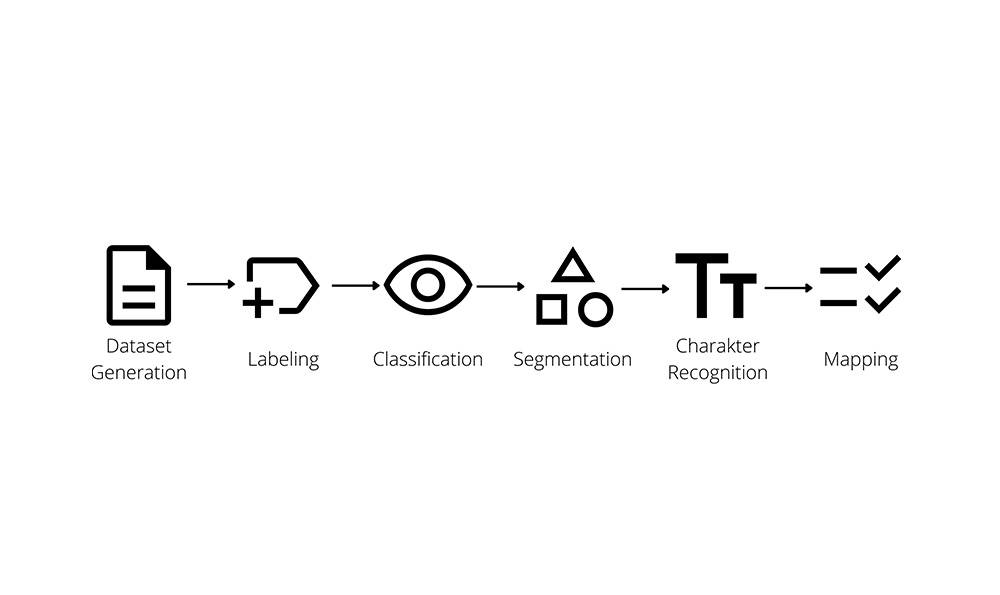
Just Do IT! - From planning to reality
Hochzoll. The youth center Lehmbau, which enjoys widespread popularity among children and young people of all ages, turned to the Augsburg University of Applied Sciences in the winter semester 2019/2020 with a cooperation proposal - The redesign of the entrance area of the youth center. Thus, the project was launched under the direction of Prof. Wolfgang Huß and Prof. Susanne Gampfer in the 3rd semester of the Bachelor of Architecture, as part of the design task. The work of the students Theresa Jäger, Benedikt Kiederle, Johannes Zerwes and Maximilian Zichner was selected by the management of the youth center for implementation. →









